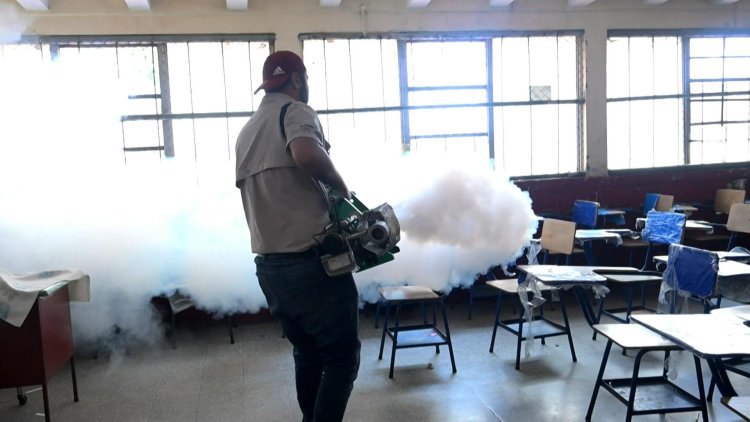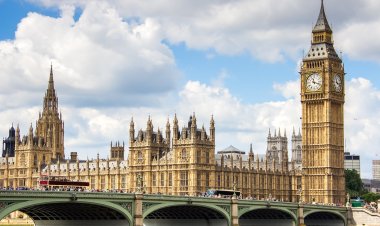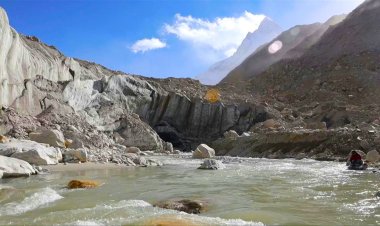Guatemala Battles Dengue Outbreak Amid Regional Crisis

A group of health workers take out their large fumigation equipment and spray the product in the classrooms of Rafael Landivar School in Guatemala, where principal Ingrid Avila has already excused several children from school because of dengue.
Guatemala, where at least 12 people have died and 18,256 have been infected with dengue this year, is one of several Central American countries affected by the Aedes mosquito-borne disease, which has claimed a dozen lives in Panama and 11 in Honduras and forced some Latin American countries to declare states of emergency, according to local health officials.
At least 35 people have died in Central America so far this year due to dengue, which is why several countries in the region declared a state of emergency, local health authorities reported.
More than half of the patients are under 15 years of age.
In Honduras, authorities registered 16,400 cases and 11 deaths in 2024, which led the Government to declare a state of "maximum alert." While in Panama, the Ministry of Health reported 4,479 cases and 12 deaths.
Authorities in Costa Rica, El Salvador and Nicaragua have not reported deaths so far, but cases are in the thousands.
Given the wave of cases, the authorities are carrying out massive fumigations in several towns in those countries to eradicate the "Aedes aegypti" mosquito, which transmits the disease.
In Guatemala, on April 30, the Government of President Bernardo Arévalo declared a national health emergency due to the increase in dengue cases.
According to the Pan American Health Organization (PAHO), Latin America and the Caribbean will probably experience their "worst dengue season" this year, favored by the combination of the El Niño phenomenon and climate change.
Dengue is a disease endemic to tropical areas that causes high fevers, headaches, nausea, vomiting, muscle pain and, in the most severe cases, hemorrhages that can cause death.















